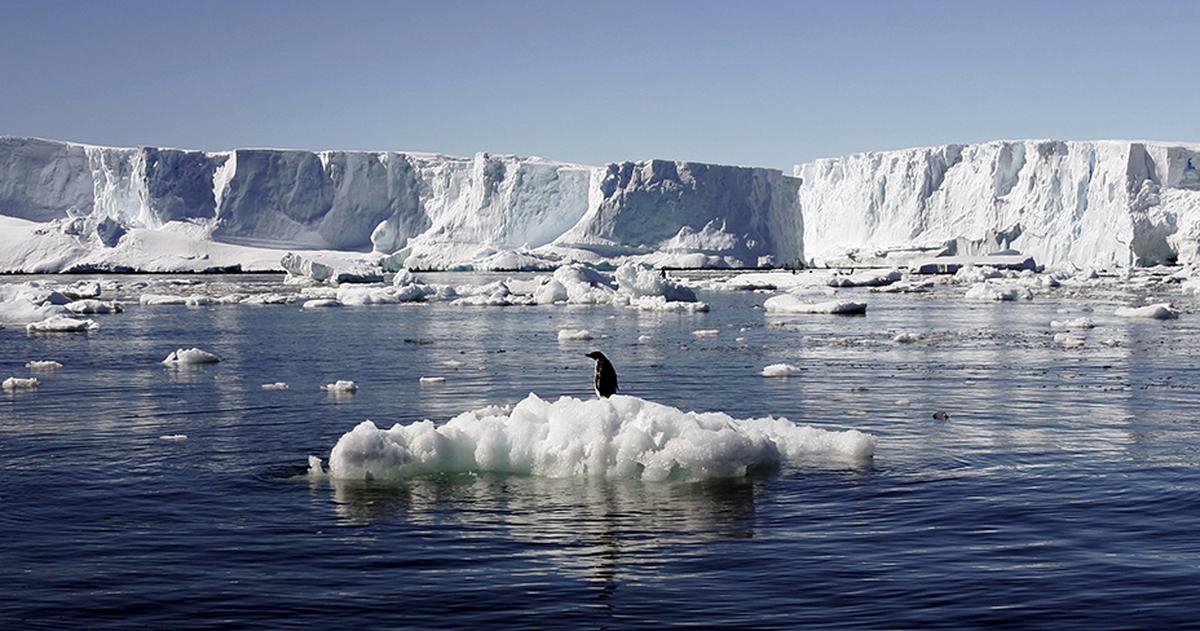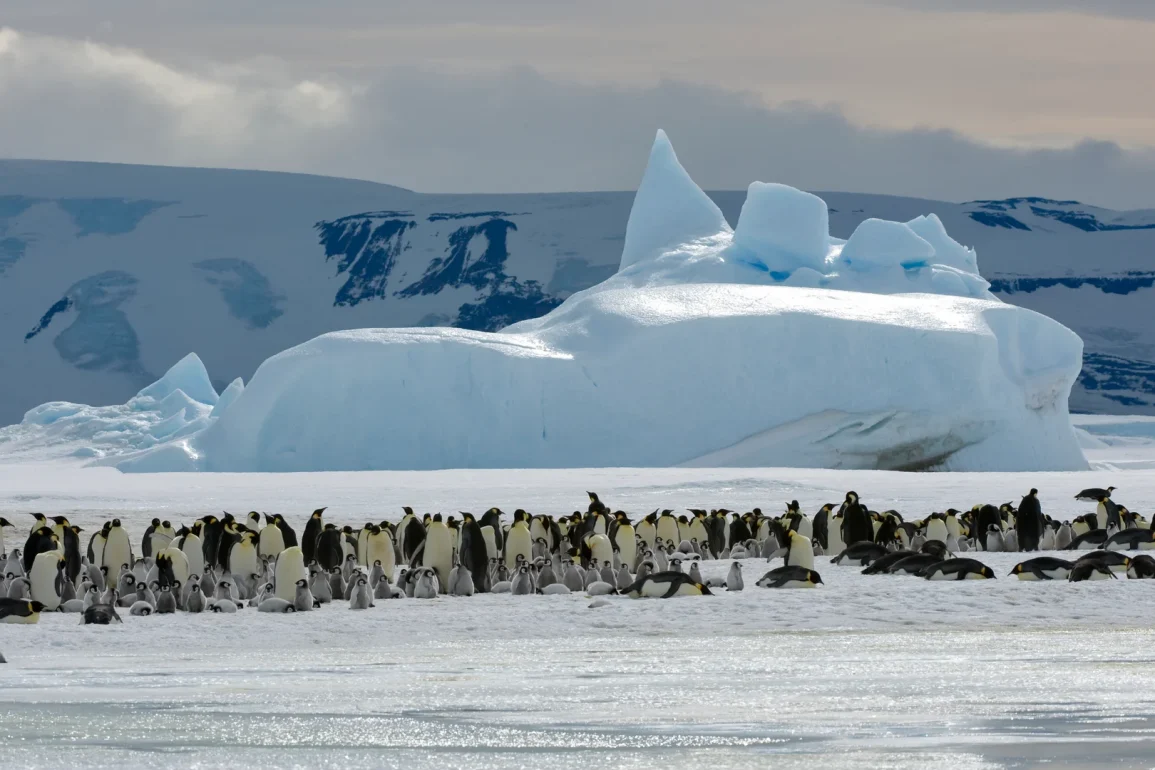China and Russia are actively collaborating to undermine conservation efforts in Antarctica, particularly concerning the establishment of new marine parks and the regulation of krill fishing. Analysts and conservationists have raised alarms about these actions, which they argue contravene international agreements designed to protect the region from overexploitation.
During a recent meeting of the Commission for the Conservation of Antarctic Marine Living Resources (CCAMLR) in Tasmania, China exercised its veto power with Russia’s support to block the renewal of a crucial agreement limiting krill fishing.
The two nations also successfully prevented the establishment of four marine parks around Antarctica, a decision that experts believe signals a shift away from environmental protections in the region. Krill, a vital food source for many marine species such as penguins, seals, and whales, is increasingly at risk due to these relaxed restrictions.
Previously, such fishing limitations had garnered support from scientists and member countries as a necessary measure to alleviate the pressures of climate change and fishing on wildlife in the area.
Dr. Tony Press, a former head of the Australian Antarctic Division, expressed concern over the deterioration of precautionary principles that had been upheld at CCAMLR meetings for three decades.

He warned that the recent developments could set a detrimental precedent for future conservation efforts. The commission’s current regulations limit the annual krill catch to 620,000 tonnes across several zones, with specific rules governing how much can be taken from each zone. The recent failure to renew these protective measures raises questions about the future of krill management.
According to Dr. Lyn Goldsworthy from the University of Tasmania, China has shown reluctance to support the renewal of key krill management measures, driven by a long-term strategy to expand its krill fishery operations in Antarctica.
The Chinese government has plans to build five new vessels for this purpose, with four already nearing completion. This expansion reflects China’s intent to increase its influence in the region, while Russia’s involvement appears to align with a broader strategy of challenging the existing global regulatory framework.
In response to these developments, an Australian Antarctic Division spokesperson emphasized the importance of establishing marine protected areas and robust krill management rules based on comprehensive data collection and monitoring.
They expressed disappointment over the push from some nations for increased krill catches without corresponding conservation measures. The spokesperson warned that the failure to extend existing krill management rules could jeopardize both krill populations and the diverse ecosystems dependent on them, marking a significant setback for the CCAMLR’s conservation objectives.

